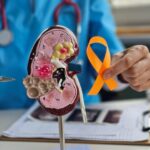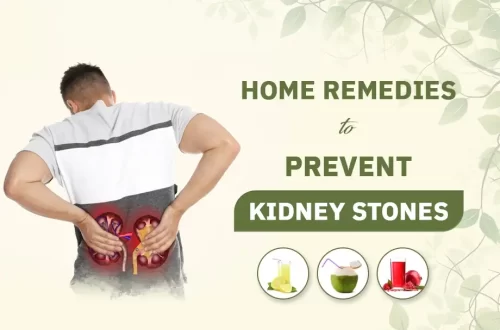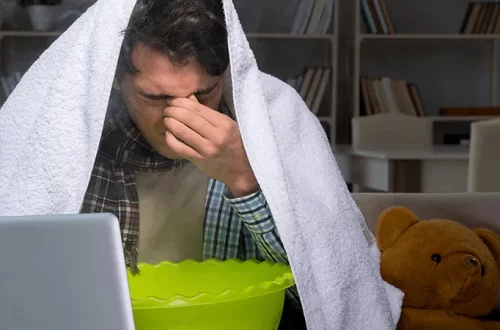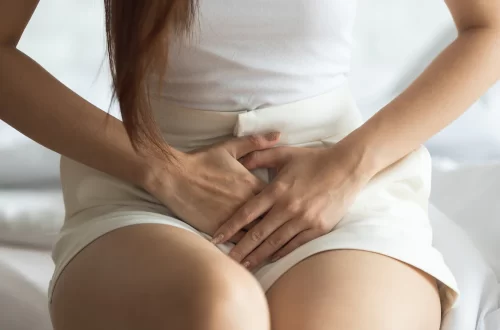Helpful Ways To Prevent STDs
This article is aimed at outlining the ways to prevent STDs. Sexually transmitted diseases (STDs) are a group of infections that are primarily spread through sexual contact.
They can cause a range of symptoms, from mild irritation to serious health problems, including infertility, chronic pain, and even death. Fortunately, there are many steps (ways to prevent stds) you can take to prevent STDs.
Here are some common causes and symptoms of STDs:
Chlamydia: Caused by the bacteria Chlamydia trachomatis. Symptoms may include discharge from the vagina or penis, painful urination, and pelvic pain.
Gonorrhea: Caused by the bacteria Neisseria gonorrhoeae. Symptoms may include discharge from the vagina or penis, painful urination, and pelvic pain.
Human Papillomavirus (HPV): Caused by the HPV virus. Many people with HPV do not experience any symptoms. However, some strains can cause genital warts or increase the risk of certain cancers.
Herpes: Caused by the herpes simplex virus (HSV). Symptoms may include painful blisters or sores in the genital area, itching, and burning.
Syphilis: Caused by the bacteria Treponema pallidum. Symptoms may include a painless sore (chancre) on the genitals or mouth, rash, and fever.
Human Immunodeficiency Virus (HIV): Caused by the HIV virus. Symptoms may include flu-like symptoms, fever, rash, fatigue, and swollen lymph nodes. HIV can also progress to acquired immunodeficiency syndrome (AIDS).
It is important to note that some STDs may not cause symptoms, and others may have mild or flu-like symptoms that can be mistaken for other conditions.
The only way to know for sure if you have an STD is to get tested. If you are sexually active, it is recommended to get tested regularly to protect your health and the health of your partners.
In this article, we will discuss some of the most effective ways to avoid getting an STD.
Use protection during sex.
One of the ways to prevent stds is through the use of protection during sex. It is one of the easiest and most effective ways to prevent STDs is to use protection during sex. This includes condoms, dental dams, and other barrier methods.
Condoms are the most commonly used form of protection and are highly effective at preventing the transmission of many STDs, including HIV, chlamydia, and gonorrhea.
However, they may not provide complete protection against all STDs, such as herpes and HPV. It’s important to use protection consistently and correctly to ensure maximum effectiveness.
Get tested regularly.
Getting tested for STDs is another important step in preventing their spread. Regular testing can help detect STDs early, making them easier to treat and reducing the risk of long-term health problems. Many STDs do not cause symptoms, so you may not know you have an infection until you get tested.
As one of the ways to prevent stds, it’s recommended that sexually active individuals get tested at least once a year for HIV and other common STDs, such as chlamydia and gonorrhea. If you have multiple partners or engage in high-risk behaviors, you may need to get tested more frequently.
Limit your number of sexual partners.
Reducing your number of sexual partners can also help lower your risk of getting an STD. The more partners you have, the greater your risk of being exposed to an infection. If you do have multiple partners, make sure to use protection every time you have sex and get tested regularly for STDs.
Avoid high-risk sexual behaviors.
Engaging in high-risk sexual behaviors, such as unprotected sex with a new or multiple partners, can significantly increase your risk of getting an STD.
Other high-risk behaviors include sharing needles or other drug injection equipment, having sex while under the influence of drugs or alcohol, and having sex with someone who has an STD or symptoms of an STD. Avoiding these behaviors can help lower your risk of getting an infection.
Talk to your partner about STDs.
Having an open and honest conversation with your partner about STDs can also help prevent their spread. Asn one of the ways to prevent stds, this includes discussing your sexual history and any STDs you may have had in the past.
It’s important to make sure your partner is also getting tested regularly and using protection during sex. If your partner has an STD, it’s important to seek treatment and take steps to prevent its spread to others.
Here are some tips regarding Ways To Prevent STDs:
Use barrier methods: Use condoms or dental dams during sexual activity to reduce the risk of contracting or transmitting STDs.
Get vaccinated: Vaccines are available for some sexually transmitted infections such as HPV and Hepatitis B. Talk to your healthcare provider about which vaccines are right for you.
Get tested: Regular testing can help identify STDs early and reduce the risk of transmission. Get tested if you have multiple sexual partners, are sexually active with a new partner, or have symptoms of an STD.
Limit your sexual partners: Reducing the number of sexual partners you have can decrease the risk of contracting an STD.
Practice open communication: Talk openly and honestly with your sexual partner(s) about STDs and your sexual history.
Avoid sharing personal items: Do not share personal items such as razors, toothbrushes, or sex toys as they may transmit STDs.
Remember that abstinence is the most effective way to avoid STDs. However, if you choose to be sexually active, taking the above precautions can help reduce your risk of contracting or transmitting STDs.
In conclusion, preventing STDs involves a combination of strategies, including using protection during sex, getting tested regularly, limiting your number of sexual partners, avoiding high-risk behaviors, and talking to your partner about STDs.
By taking these steps, you can significantly reduce your risk of getting an STD and protect your sexual health.
Benefits of Eating Strawberries
Benefits of Eating Pomegranate

A graduate of Computer Science and Information Management Technology. Diploma – Caregiving, Certificates – Dementia and Diabetes Awareness and Management. A researcher, blogger, songwriter, singer and acoustic guitarist. Born in an environment where natural talents such as healing are imparted at our natural birth. This natural talents of healing is the result of our genetic inheritance and the training from family environment.













